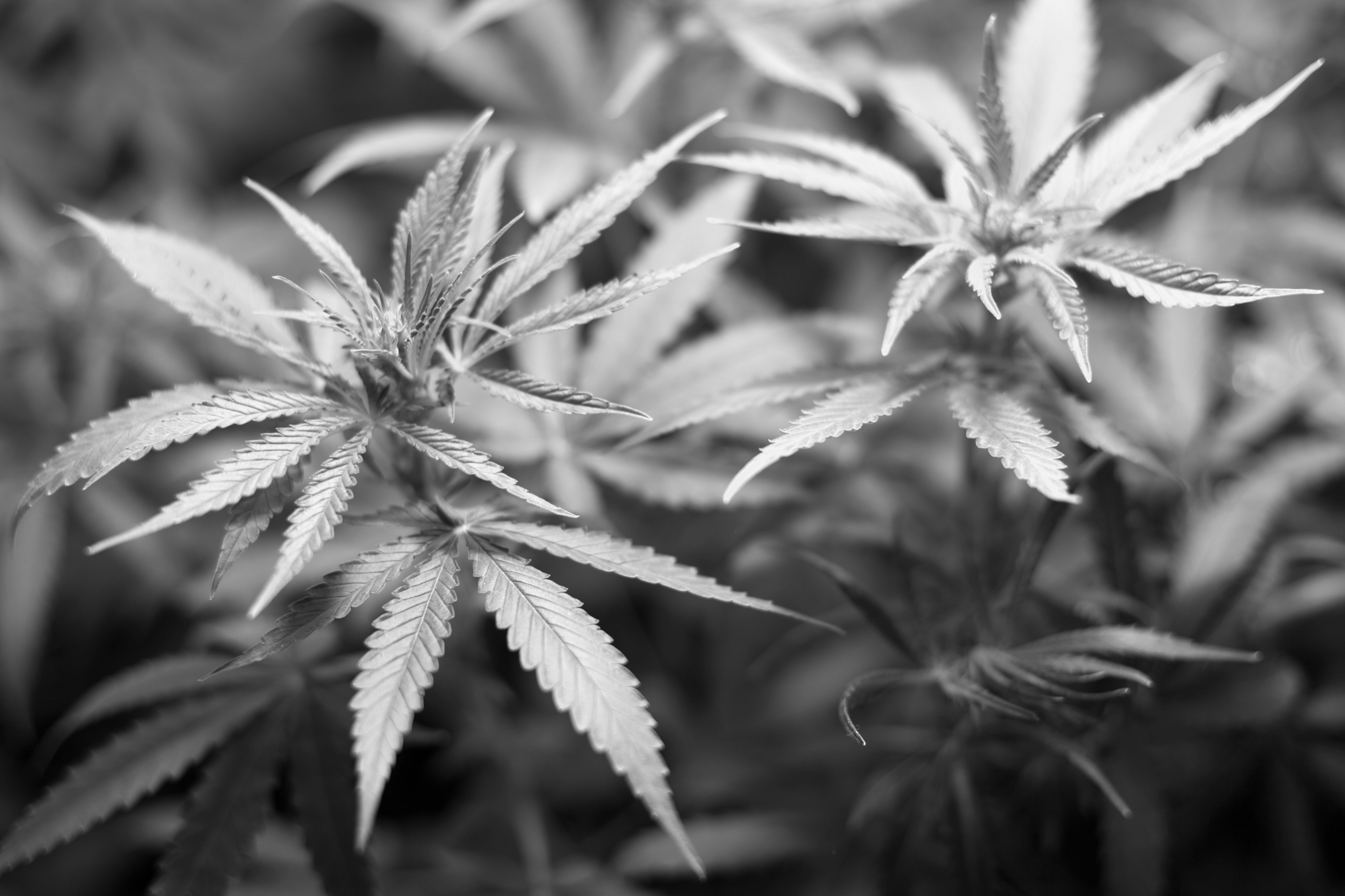Should Student-Athletes Be Considered Employees? An Answer Will Come Soon in Johnson v. NCAA
May 28, 2024
Victor Ficarra, a third-year law student at Temple Law, examines the road to Johnson v. NCAA and how the 3rd Circuit may rule on this appeal. He explores how the NCAA has fared in recent federal court cases and what other decisions may implicate the 3rd Circuit’s decision









